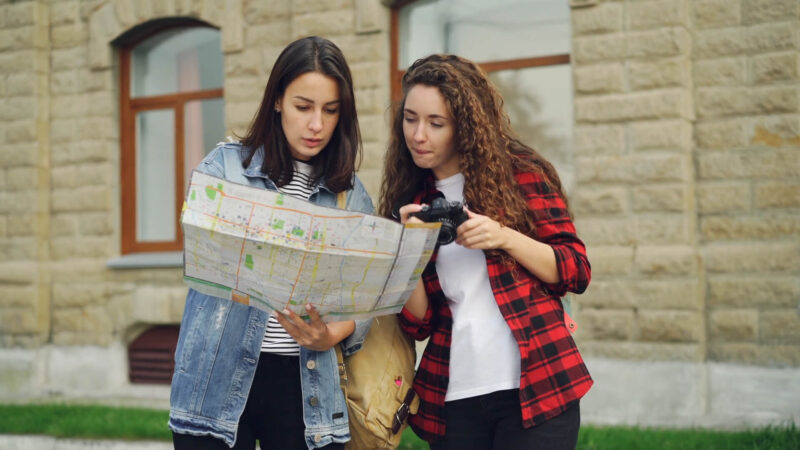Traveling is a thrilling chapter in any student’s life. So far, those days have been the most exciting days of my life. I was so excited about discovering new cultures and going into the unknown.
Yet, exploring the world is not just about the excitement of new experiences; it’s also about navigating the complexities of staying safe in unfamiliar environments. That’s why this guide is designed with you, the adventurous student traveler, in mind.
Whether you’re planning a solo expedition, studying abroad, or just taking a break from the books with friends, I’ll arm you with essential tips and strategies to make your travels safe and unforgettable. Let’s get you prepared for the journey of a lifetime, where learning extends far beyond the classroom walls.
If you’re worried about managing assignments while exploring new destinations, consider utilizing an essay writing service like LiaHelp.
How to do the pre-trip planning?
Research your destination
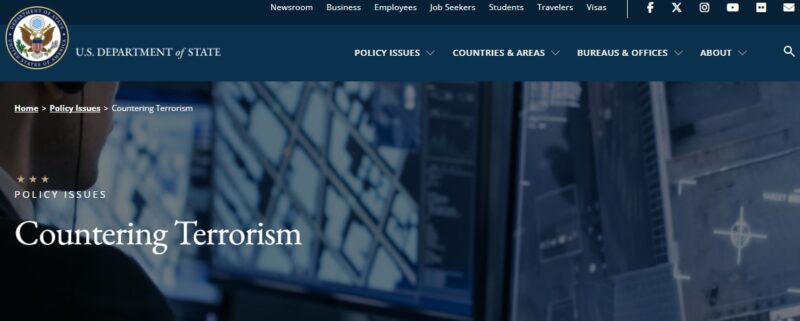
Before you pack your bags, dive into a detailed exploration of your destination. Understanding the cultural norms, current political climate, and safety advisories for your intended location is crucial.
Websites like the U.S. Department of State or TripAdvisor offer insights into local customs and travel warnings. Knowledge is power—knowing what to expect can help you navigate unfamiliar territories more safely and confidently.
Related: How to Visit Europe on A Budget
Look for travel insurance
Often overlooked, travel insurance is a vital part of your travel preparation. A good policy covers medical emergencies, trip cancellations, and lost luggage. Look for a plan that suits your specific needs, including coverage for adventure activities if you plan on skydiving or scuba diving.
Investing in travel insurance means buying peace of mind, allowing you to enjoy your adventure without the worry of unforeseen costs.
Copy important documents
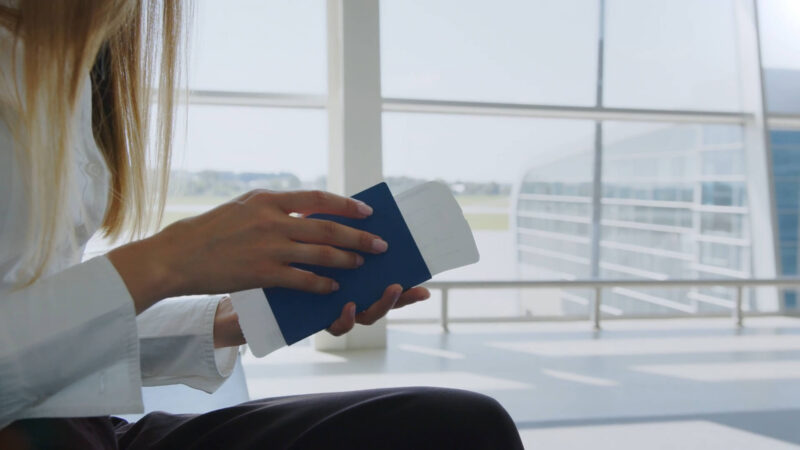
In the digital age, keeping a backup of your critical documents is easier than ever. Scan or photograph your passport, visa, travel insurance policy, and itinerary, then email them to yourself or store them in a secure cloud service.
Also, keep physical copies in a separate location from the originals when traveling. These steps ensure that even if your documents are lost or stolen, you have the necessary information to expedite their replacement and prove your identity.
How to stay safe during your trip?
Vaccinations
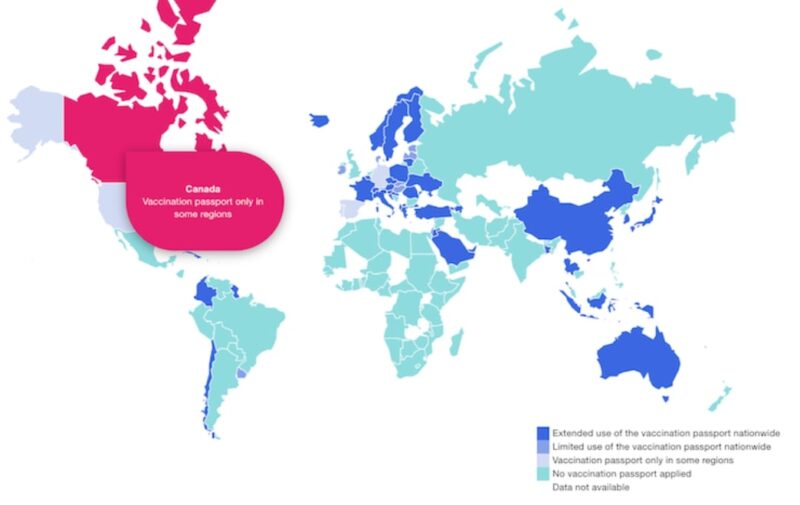
Now that you’ve shown up at your objective, remaining safe becomes the main focus. Consult a travel health clinic or your doctor about necessary vaccinations for the specific country you plan to travel to. This is crucial for destinations with risks of diseases like yellow fever, typhoid, or malaria.
Food and water safety
To avoid illnesses such as traveler’s diarrhea, be cautious about what you eat and drink. Opt for bottled or purified water, and avoid ice in drinks if you’re unsure about the water source. Stick to freshly cooked foods and steer clear of raw fruits and vegetables unless you can peel them yourself. Remember, “Boil it, cook it, peel it, or forget it.”
Emergency contacts
Prepare a list of emergency contacts, including local emergency services (police, medical, and fire) for your destination, and the nearest embassy or consulate. Keep this information on you and in your accommodation. Familiarizing yourself with these contacts provides a safety net in case of emergencies.
How to ensure financial safety?
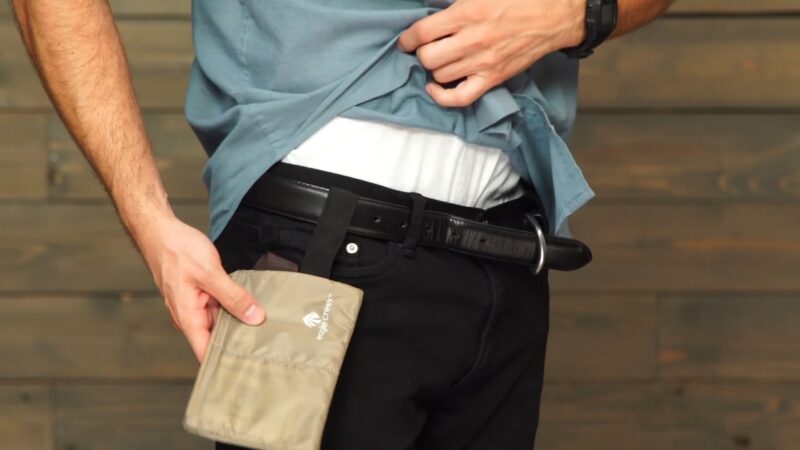
Use a mix of cash, credit cards, and traveler’s checks to manage your finances abroad. Inform your bank of your travel plans to avoid any blocks on your cards. Consider using a money belt or a hidden wallet to keep your cash safe from pickpockets.
Avoid scams
Be aware of common scams targeting tourists, such as overpriced taxis, fake police officers, or distraction thefts. Research typical scams in your destination and always stay vigilant. If an offer sounds too good to be true, it probably is.
How to stay connected?

Look into international phone plans offered by your mobile provider, or consider purchasing a local SIM card for your phone upon arrival (make sure your phone is unlocked before your trip). This ensures you can navigate, translate, and communicate without relying on public Wi-Fi.
Local language basics
Learning key phrases in the local language not only enriches your travel experience but also helps in emergencies. Focus on phrases for greetings, directions, help, and medical emergencies. Mobile apps and pocket dictionaries are great tools for on-the-go learning.
Pay attention to the culture you’re in!
Research and respect local norms such as dress codes, tipping practices, and general behaviors. For example, in some countries, modest dressing is highly appreciated, and in others, tipping might be considered insulting. Adapting to these practices shows respect for the local culture.
Engage with local communities in a respectful manner. Be mindful of photographing people without their permission and participate in local traditions and activities with openness and sensitivity. Remember, you are a guest in their country.
How to take care of personal safety?
When exploring new areas, use reputable navigation apps, and always inform someone of your whereabouts. Stick to well-lit, populated paths, especially at night, and always be aware of your surroundings.
If you go out at night, go with friends, stay in well-lit areas, and keep an eye on your drinks. Know how you’ll get back to your accommodation safely, whether it’s by a trusted taxi service or public transportation.
How to maintain accommodation safety?
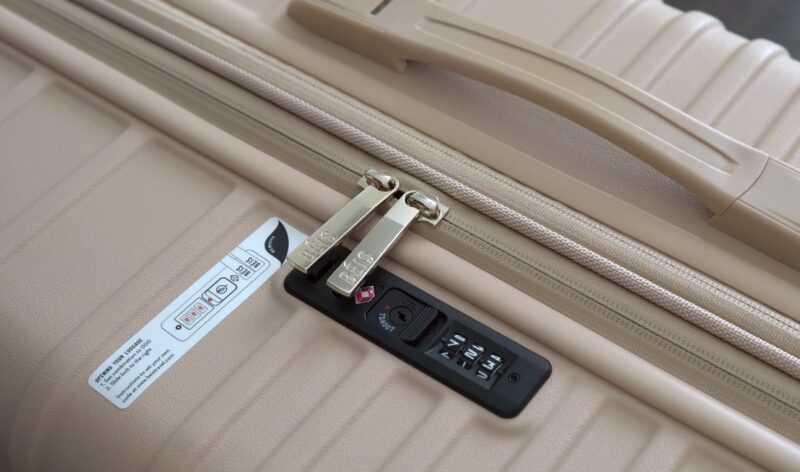
Research accommodations ahead of time, focusing on reviews mentioning safety. Once there, check that windows and doors lock securely and familiarize yourself with emergency exits.
Use the safe provided by the accommodation to store valuables and travel documents. Consider using luggage locks and never leave belongings unattended in public areas.
FAQs
How can I stay safe when using public transportation in a new city?
Always research the public transportation options of your destination before you arrive. Use official apps to plan your routes and avoid traveling alone at night. Keep your belongings close, and if possible, choose busy compartments or areas. Be wary of sharing your travel plans with strangers.
What should I do if I lose my passport while traveling?
Immediately report the loss to the local police and then contact your country’s nearest embassy or consulate. They can assist you in obtaining a temporary travel document or an emergency passport to continue your journey or return home.
Is it safe to use ATMs in another country?
Yes, but use ATMs located in banks, airports, or busy, well-lit areas. Be cautious of skimming devices, and always cover the keypad when entering your PIN. Inform your bank of your travel plans to avoid any fraud alerts or blocks on your account.
How can I ensure my dietary restrictions are understood in a country where I don’t speak the language?
Carry a translated card or a digital note on your phone that clearly explains your dietary restrictions in the local language. There are also apps designed to communicate dietary needs to restaurant staff or food vendors.
To sum up…
Traveling as a student will promise growth, learning, and many unforgettable memories, for sure, but you need to ensure your safety above all. Make sure you consider all of the above-mentioned tips so that you can enjoy your traveling days to the fullest.
Hello, my name is Harper Barton. The only thing I love more than travelling is writing about it. Sounds strange doesn’t it? But yeah, I adore writing and sharing my experiences about what I have experienced during my travels. Since I am a person who loves being a part of the community, I often write about local festivals with the goal of popularizing outside just small communities they come from.

